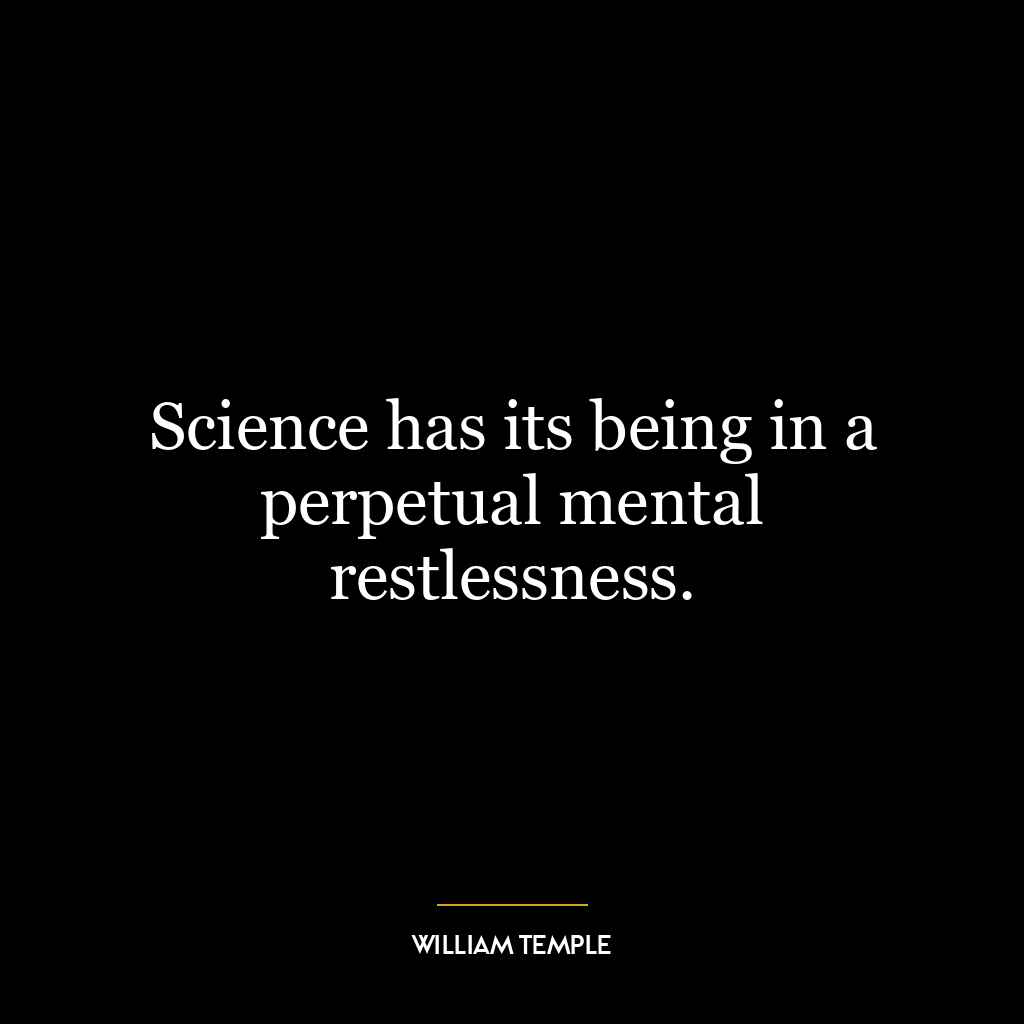William Temple Quotes
- Clergyman
- England
- 1881
William Temple (1881-1944) was a prominent British theologian, philosopher, and social reformer. He served as the Archbishop of Canterbury from 1942 until his death. Temple was known for his progressive views on social issues, advocating for economic justice and international cooperation. He played…Read More
William Temple (1881-1944) was a prominent British theologian, philosopher, and social reformer. He served as the Archbishop of Canterbury from 1942 until his death. Temple was known for his progressive views on social issues, advocating for economic justice and international cooperation. He played a key role in the formation of the World Council of Churches and was a strong supporter of the ecumenical movement. His notable works include “Christianity and Social Order” and “Nature, Man, and God.” Temple’s legacy continues to influence modern Christian thought and his ideas on social justice remain relevant today.Read Less
William Temple (1881-1944) was a prominent British theologian, philosopher, and social reformer. He served as the Archbishop of Canterbury from 1942 until his death. Temple was known for his progressive views on social issues, advocating for economic justice and international cooperation. He played a key role in the formation of the World Council of Churches and was a strong supporter of the ecumenical movement. His notable works include “Christianity and Social Order” and “Nature, Man, and God.” Temple’s legacy continues to influence modern Christian thought and his ideas on social justice remain relevant today.
9 Top William Temple Quotes
William Temple Career Highlights
- William Temple was an English bishop, philosopher, and statesman who lived from 1881 to 1944.
- He served as the Archbishop of Canterbury from 1942 until his death in 1944.
- Prior to becoming Archbishop, Temple held various positions in the Church of England, including Bishop of Manchester and Bishop of York.
- He was also a prominent figure in the ecumenical movement, advocating for unity among different Christian denominations.
Key Contributions by William Temple
- Temple was a leading figure in the Church of England during a time of great social and political change in Britain.
- He was a strong advocate for social justice and played a key role in the establishment of the Church of England’s Board for Social Responsibility.
- Temple was also a prolific writer and theologian, publishing numerous books and articles on topics such as Christian ethics, social reform, and the relationship between science and religion.
- He was a vocal critic of fascism and played a key role in the formation of the Council of Christians and Jews, an organization dedicated to promoting interfaith understanding and cooperation.
What Sets William Temple Apart
- Temple’s commitment to social justice and his belief in the importance of the church’s role in addressing social issues set him apart from many of his contemporaries.
- He was known for his progressive views on issues such as poverty, education, and women’s rights.
- Temple’s ability to bridge the gap between the church and the wider society made him a highly influential figure in both religious and secular circles.
Takeaways
- William Temple’s legacy continues to be felt in the Church of England and beyond.
- His writings and teachings on social justice and the role of the church in society remain relevant and influential today.
- Temple’s commitment to promoting unity and understanding among different faiths serves as a reminder of the importance of interfaith dialogue and cooperation in a diverse world.
















